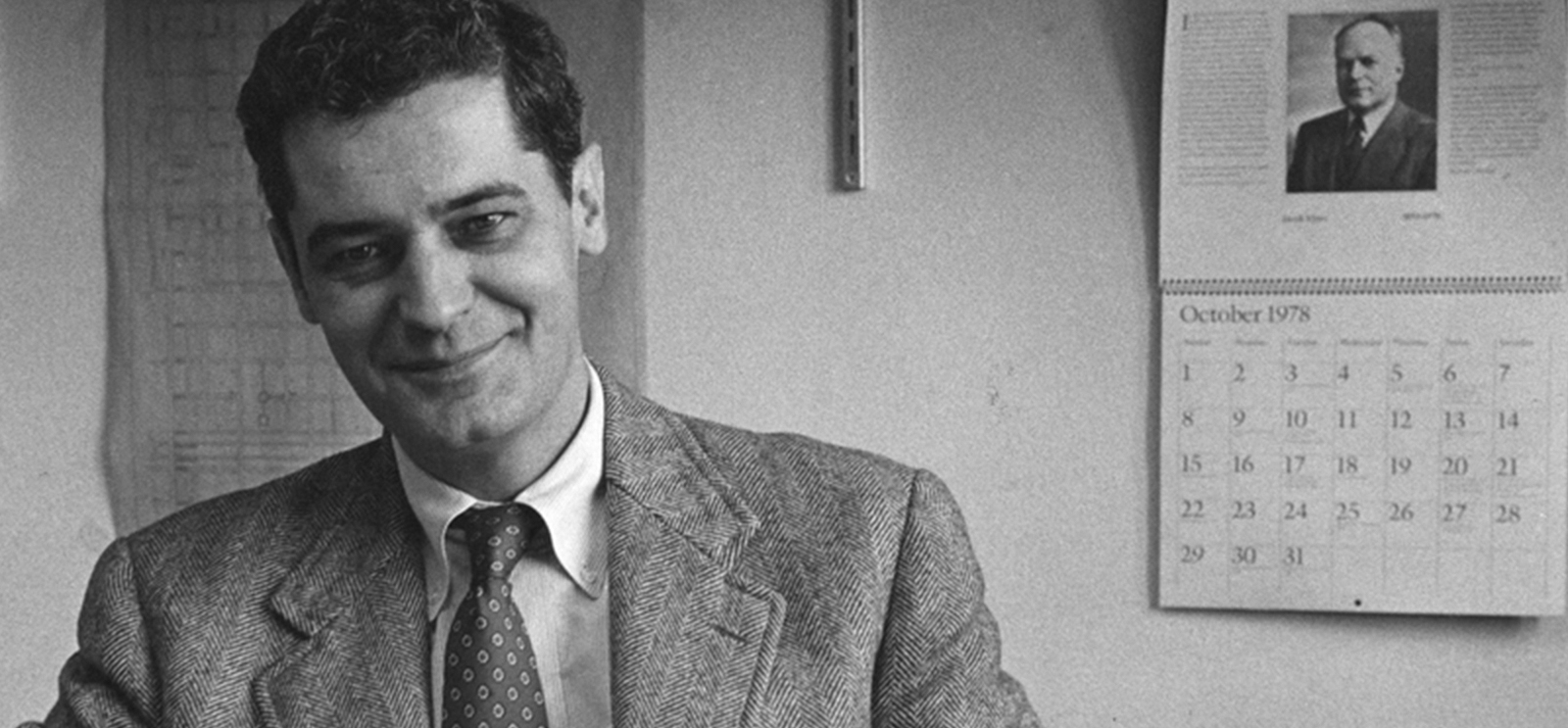
For the first time in over a decade, the Division of the Social Sciences will award its Phoenix Prize to a faculty member who has “changed the trajectory of research in the social sciences” and contributed to “intellectual renewal across the disciplines.”
At a conference to be held in his honor this October, Robert Lucas Jr., AB’59 (History), PhD’64 (Economics), the John Dewey Distinguished Service Professor Emeritus in Economics and the College, will receive the prize for his “outstanding and loyal service to the University of Chicago and the enormous influence his work has had on the field of economics.” The prize was last awarded to Gary Becker, AM’53, PhD’55 (Economics), in 2001 and to Marshall Sahlins in 1998.
A professor at the University since 1974, Lucas won the Nobel Memorial Prize in Economic Sciences in 1995 for his hypothesis of rational expectations, the idea that agents will use available information to predict outcomes without making mistakes implied by earlier theories.
“He’s a truly special scholar and superb economic theorist,” says Lars Peter Hansen, the David Rockefeller Distinguished Service Professor in Economics, Statistics, and the College.
Hansen, who won the economics Nobel in 2013, says it’s hard to overstate Lucas’s influence because his contributions are so fundamental. “His research has a conceptual appeal—a theoretical nicety,” Hansen says. “At the same time, it opens the door for modeling advances. He aimed for going beyond conceptual elegance to producing concrete answers to macroeconomic policy questions.”
Another colleague, Fernando Alvarez, the William C. Norby Professor in Economics and the College, calls Lucas “truly revolutionary.” His work, Alvarez says, especially with regard to methodology, created a “before and after” effect: “If we talk about what the impact of rational expectations was, it initiated different ways of thinking.”
Lucas’s interests go beyond economics, Alvarez says. It was Lucas who introduced him to the works of the writer Roberto Bolaño, for instance. Alvarez also praises Lucas’s academic writing, noting that he makes his very technical work accessible to those outside the field. He cites Lucas’s 1988 UChicago convocation speech, in which he explained money supply and economic depressions using an amusement park as a metaphor.
The Division first awarded the Phoenix Prize in 1994 to University Professor in Sociology James Coleman, known for his work on school desegregation. Coleman’s son Thomas Coleman, AM’81, PhD’84 (Economics), the executive director of the Center for Economic Policy at Chicago Harris, was at the conference when his father was presented with the award. “He was really excited by everyone coming together by the work that he had done,” the younger Coleman says.
While the prize was a “huge honor” for his father, Coleman says, more important was the research and its contribution to the intellectual life of the country and the University. “That was the case with my father and is the case with Lucas. They believe they can contribute to society in fundamental ways.”
